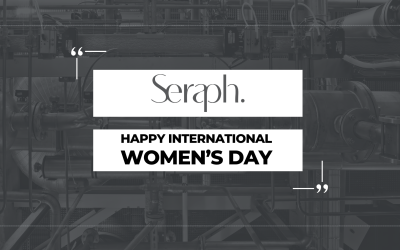TRUMP ORDERS U.S. COMPANIES “HOME”
U.S. President Donald Trump announced his intention to push U.S. companies out of China on Friday August 23. He made the proclamation via Twitter, amid retaliatory tariffs from China on $75 billion of U.S. goods. While Trump has always been clear on his desire for China to correct the Trade imbalance he is now placing additional pressure on U.S. companies to take action into their own hands and return their manufacturing operations to the U.S.
…better off without them. The vast amounts of money made and stolen by China from the United States, year after year, for decades, will and must STOP. Our great American companies are hereby ordered to immediately start looking for an alternative to China, including bringing…your companies HOME and making your products in the USA. I will be responding to China’s Tariffs this afternoon. This is a GREAT opportunity for the United States. Also, I am ordering all carriers, including Fed Ex, Amazon, UPS and the Post Office, to SEARCH FOR & REFUSE,….
— Donald J. Trump (@realDonaldTrump) August 23, 2019
A DANGEROUS HISTORICAL PRECEDENT
While use of these powers may seem dictatorial, Trump’s decree may be well within his Presidential rights per the International Emergency Economic Powers Act (IEEPA), signed into law by President Jimmy Carter in 1977. At the time, Carter used the law to place sanctions on Iran, freezing Iranian foreign assets in the U.S. financial system.
By declaring a state of national emergency, it is possible that Trump could use the IEEPA to block U.S. companies from manufacturing in China.
HOW TO PREPARE YOUR ORGANIZATION
As Trump explores the powers of the executive branch, the business risks associated with defying his requests increase. Even if the courts or congress were to delay or put a stop to Trump’s potential use of IEEPA, Trump has other tools to meet his objective of putting “America First” and relocating manufacturing in China back to the U.S.
On Friday, Trump raised the existing 25% tariffs on nearly $250 billion of Chinese imports an additional 5% to 30%, this most recent raise is set to roll out on Oct. 1.
Since these tariffs impact machinery, raw materials, and manufactured finished goods, most businesses with international supply chains are at risk of rising costs in the best-case scenario and severe disruptions in the worst-case scenario.
CEOs, COOs and Purchasing Directors should strongly be considering their international supply chain and begin making preparations for domestic and North American alternatives immediately.
At Seraph, our team has completed over a combined 200+ successful plant startups or relocations with 0 interruptions to the end customer. We are standing by to provide guidance on how to plan for a successful re-shoring and asses possible relocation opportunities.
CONTACT US
ABOUT SERAPH
Seraph’s team of operational managers and senior consultants intercede on our client’s’ behalf to: fix a crisis that is putting the business at immediate risk; turnaround a situation that is damaging the bottom line; or to restructure to improve the balance sheet.
Seraph has successfully delivered projects in the following regions: Americas, Europe, China, and India. Seraph’s Industry Expertise Includes: Aerospace, Automotive, Energy Infrastructure, Healthcare and Medical Devices.
Through our other operating companies, we are constantly looking for distressed situations where we can put our expertise and capital to work in order to create value.






